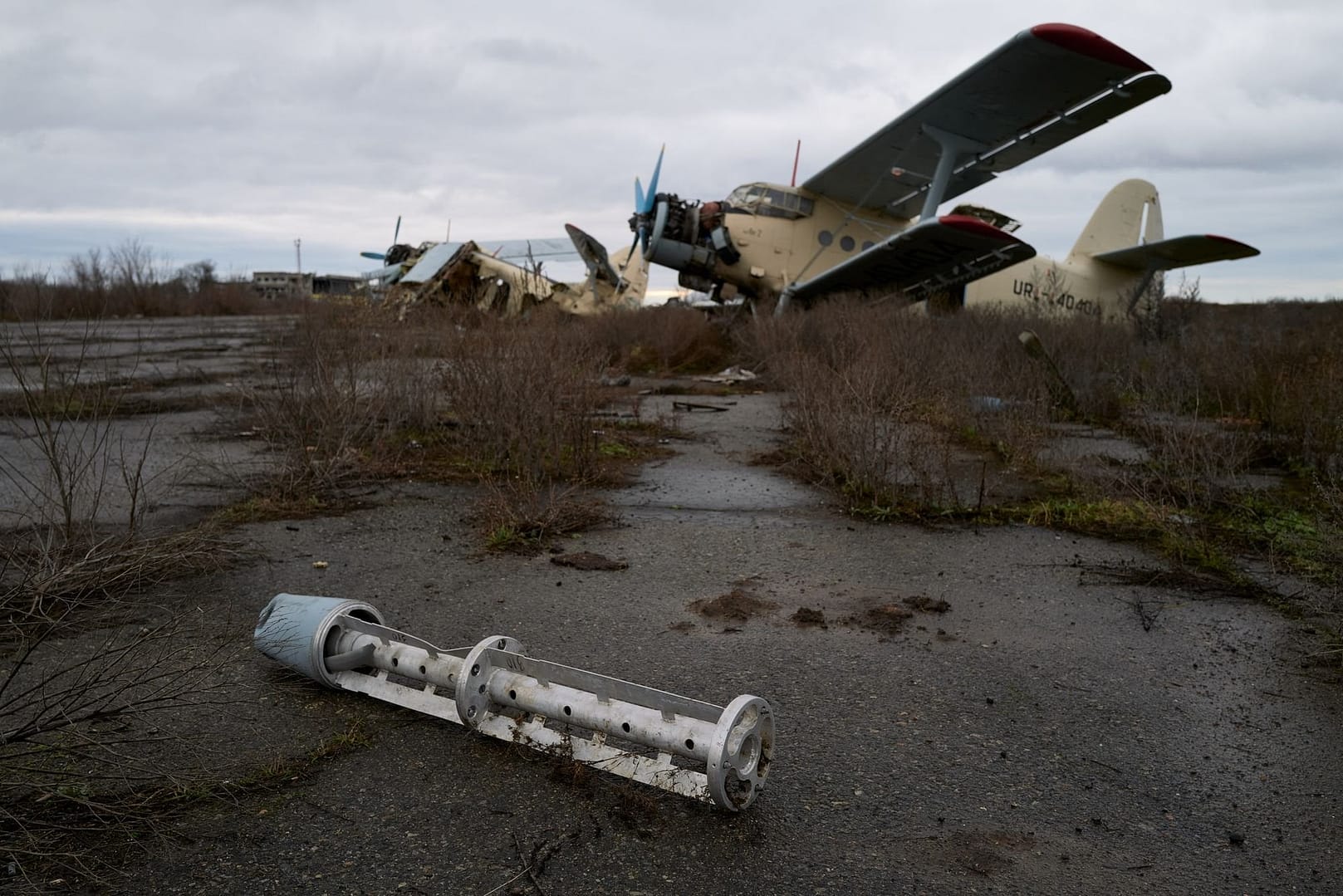Lithuania has recently withdrawn from the international convention banning cluster bombs. This decision is driven by security concerns regarding Russia. The move has faced backlash from human rights organisations. Lithuania’s actions signal a shift in defence strategy amidst rising tensions in Eastern Europe.
Cluster Bomb Convention
The Convention on Cluster Munitions was adopted in 2008 and came into force on 1st August 2010. It prohibits the use, production, transfer, and stockpiling of cluster bombs. These weapons release multiple smaller explosives, which can remain dangerous long after conflicts end. The convention currently has 112 state parties and aims to protect civilians from the indiscriminate nature of cluster munitions.
Background
Potential Impact on Regional Security
Lithuania’s withdrawal could encourage a dangerous trend among other nations. It raises questions about the future of humanitarian disarmament treaties, especially in regions facing security crises. The situation is particularly sensitive as neighbouring countries assess their own military strategies.
Future Considerations for Lithuania
Lithuania is also contemplating leaving the Anti-Personnel Landmines Convention. While the military supports this move, government leaders are cautious. They are considering the reactions of regional allies before making a final decision. The potential reintroduction of landmines is under evaluation by Finland’s armed forces as well.

Leave a Reply